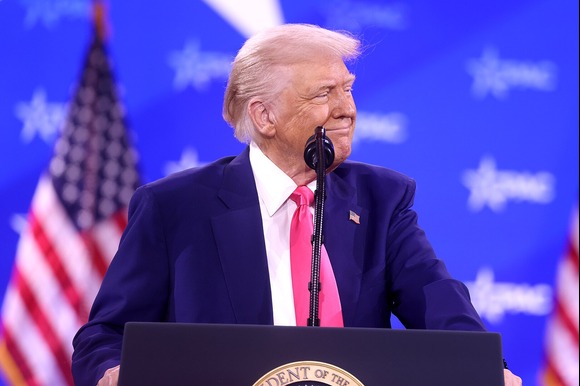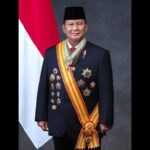WASHINGTON — President Donald Trump’s administration is actively engaging in discussions with Azerbaijan about the prospect of joining the Abraham Accords, with hopes of also bringing several Central Asian allies into the fold, according to five sources familiar with the matter.
Unlike the original signatories of the accords, Azerbaijan and the nations of Central Asia already maintain longstanding diplomatic relations with Israel. As a result, any expansion of the agreement to include them would be largely symbolic, focusing on strengthening existing partnerships in areas such as trade, security, and military cooperation, the sources explained.
The Abraham Accords were originally brokered by the Trump administration in 2020 and 2021, normalizing relations between Israel and four Muslim-majority countries in the Middle East and Africa: the United Arab Emirates, Bahrain, Sudan, and Morocco. These agreements were hailed as historic breakthroughs in Arab-Israeli relations, but current geopolitical challenges have complicated efforts to broaden the alliance.
Chief among those challenges is the ongoing war in Gaza, where more than 60,000 people—including tens of thousands of women and children—have reportedly been killed. The humanitarian crisis, including widespread starvation caused by blockades and military operations, has triggered global outrage. In recent days, countries such as Canada, France, and the United Kingdom have announced intentions to recognize an independent Palestinian state, further complicating diplomatic efforts.
Arab anger over Israel’s military actions and the humanitarian situation in Gaza has made it increasingly difficult for the Trump administration to secure the support of additional Muslim-majority nations for the Abraham Accords, sources noted.
Another significant obstacle is Azerbaijan’s long-running conflict with neighboring Armenia. According to three sources familiar with the negotiations, the Trump administration sees a peace agreement between Baku and Yerevan as a key prerequisite for Azerbaijan’s participation in the accords.
Despite these challenges, officials within the Trump administration are pursuing the expansion effort with a sense of urgency. Among the various nations publicly floated as potential new members, sources said discussions with Azerbaijan are among the most advanced and well-structured. Two of the five sources indicated that a deal involving Azerbaijan could be finalized within months—or even weeks—if conditions align.
Trump’s special envoy for peace missions, Steve Witkoff, traveled to Baku in March, where he met with Azerbaijani President Ilham Aliyev to discuss the potential agreement. Aryeh Lightstone, a senior adviser to Witkoff and a key player in Trump’s previous Abraham Accords negotiations, also held talks with Aliyev later in the spring to continue discussions, three sources said.
As part of the effort to broaden the accords, Azerbaijani officials have also reached out to several Central Asian nations, including Kazakhstan, to assess their interest in participating in an expanded agreement, the sources confirmed.
Though the initiative is still under development, Trump officials see the inclusion of Azerbaijan and its Central Asian partners as a strategic opportunity to reinforce diplomatic and security ties with Israel while strengthening the U.S.’s regional influence. However, success will depend on navigating both the complex dynamics of the Gaza conflict and Azerbaijan’s unresolved tensions with Armenia.






